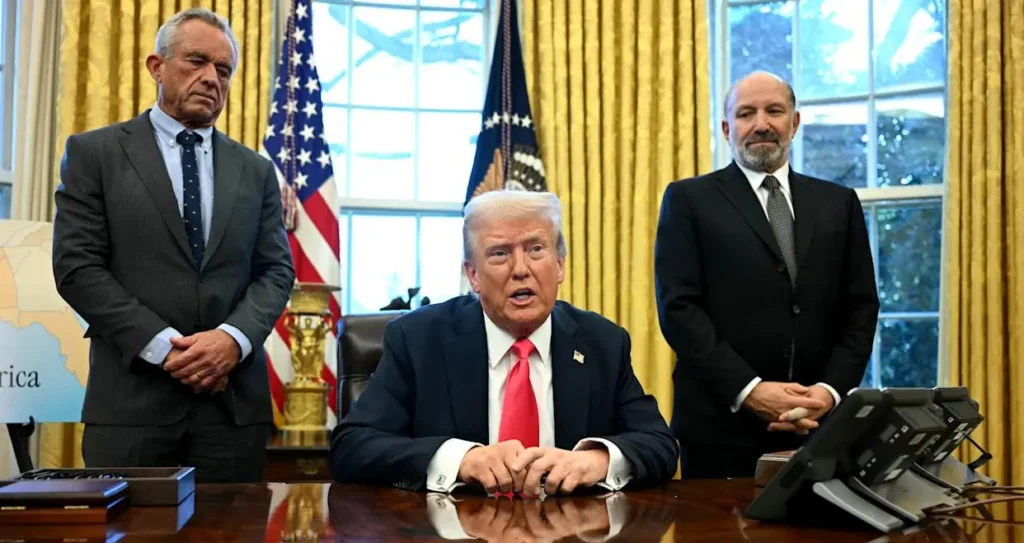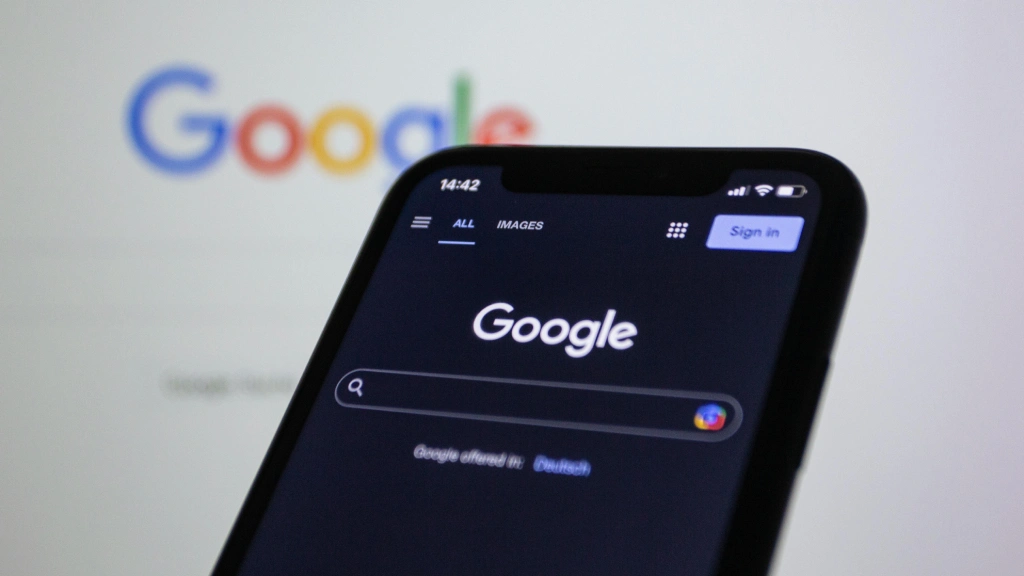Apple Updates Spotlight To Take Actions On Your Mac
During WWDC 2025 on Monday, Apple revealed some of the most significant upgrades to Spotlight, the Mac’s on-device search function. Spotlight in macOS Tahoe may be used to perform hundreds of tasks, like creating emails, playing podcasts, and setting reminders. As chat apps like Google’s Gemini and OpenAI’s ChatGPT gain traction, Apple is updating Spotlight. It appears that Apple is improving Spotlight to accommodate the growing trend of people using command line interfaces to accomplish more jobs globally. According to the business, Spotlight is quickly becoming the most efficient way to browse all of your Mac’s material. A visual revamp of Spotlight will make it easier for users to explore through files, programs, clipboard history, and more. Now, all of these results are displayed together and are arranged “intelligently” according to user relevance. Quick keys, which are brief character strings that direct users to certain programs or activities, were also introduced by Apple. Mac users can add a new reminder by typing “AR” or send a message by typing “SM.” Additionally, Spotlight allows users to designate fast keys for bespoke functions. Additionally, developers can use the App Intents API to make their apps discoverable in Spotlight. An Apple representative demonstrated in one demonstration how users may send a whole email from Spotlight by entering the recipient, subject line, and content, and even clicking “send” without opening a separate program. It is unclear if users will really send emails using macOS Tahoe’s redesigned Spotlight. According to Apple, Spotlight is now contextually aware thanks to its integration with Apple Intelligence. Users’ current tasks and frequently performed actions will now be suggested by the on-device search function. During Apple’s WWDC, numerous macOS improvements were unveiled, including the Spotlight update. Apple also announced a “liquid glass” software overhaul and a new live-tracking function for macOS that works with the iPhone.










